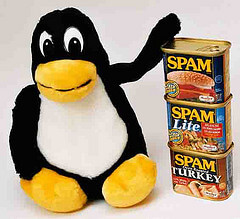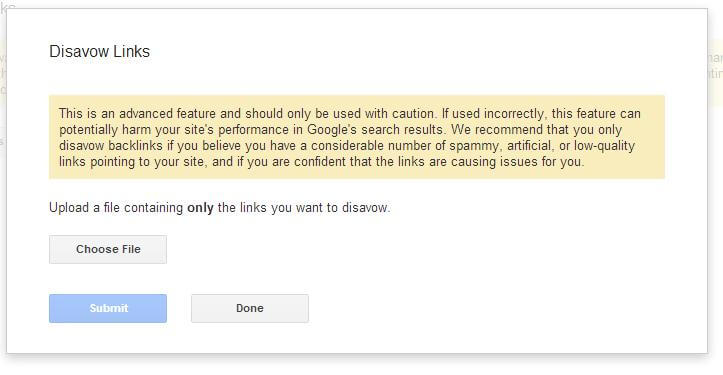Unnatural links and its consequences
Link building is one of the common practices used by a number of SEO companies across the world. It is essentially a technique wherein a link of your website gets placed on someone else’s website and vise-versa. It can be one-way or two-way link. The idea is to grab the attention of as many visitors as possible and urge them to click the anchor text. However, in the quest to increase the clicks it is important to ensure that the websites with which you exchange your links with is related to your business; or else you might lose your rankings.
Different search engines have different ways of penalizing a website, so while you indulge in link building, ensure you don’t try to make up ground by link spamming. Link spamming can be in the form of:
- Exchanging links in excess.
- Creating way to many directory links
- Link Farming
- Excessive internal page linking or probably link exchanges with partner sites.
- Using automatic link exchanging tools.
It is like trading your links with someone else for the sake of earning better page ranks. There are paid links where some companies provide backlinks in exchange of a definitive sum of money. However that can’t get pretty expensive and too much of anything is not a good thing, you may then incur the grave consequences of being hit with spammy activity.
Google, the most used search engine of all allocates a lot of importance on the quantity, quality and relevance of links.
How do you know if a Link is Spammy?
Take a look in your Google webmaster tools. If you notice any form of unnatural links pointing towards your website or if you received a notification from Google about the unnatural links. At that point you should attempt to remove the links. However don’t forget the point of linking is for people to share your information, so you cannot control every inbound link you receive. Google encourages people to share links and information as long as it is natural.
Unnatural links can be: –
- Forum commenting inclusive of links in the signature.
- Unrelated or low quality bookmarking or directory submissions website.
- Links included in the footer.
- Paid links, etc.
Since the Google Penguin update in mid-April 2012, the search engine started penalizing all the websites with low-quality links, keyword stuffing and over-optimized anchor texts.
So, if you’ve also been using this artificial technique of earning backlinks, BEWARE…!
Seeking assistance of a professional SEO company would help you get rid of link spam. Contact Us to find out how..?

